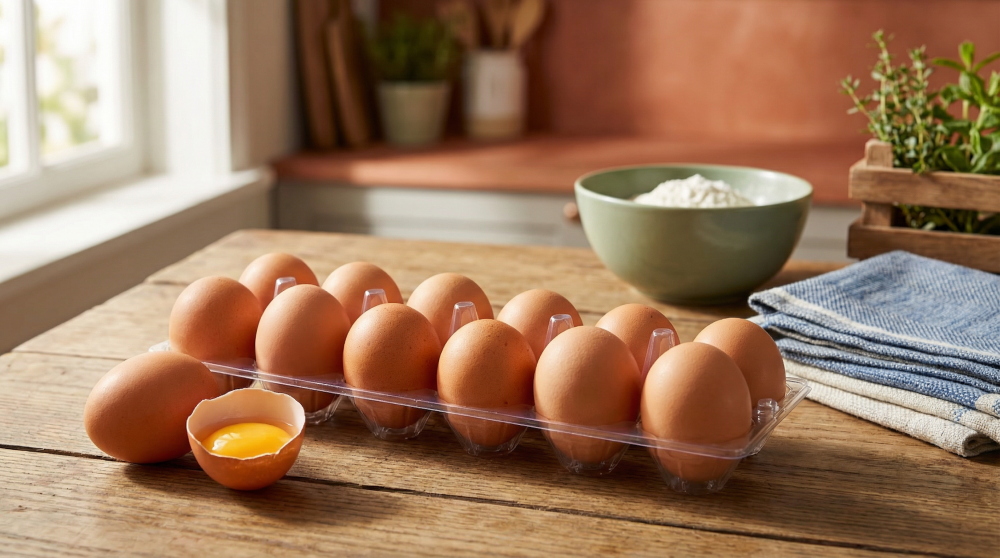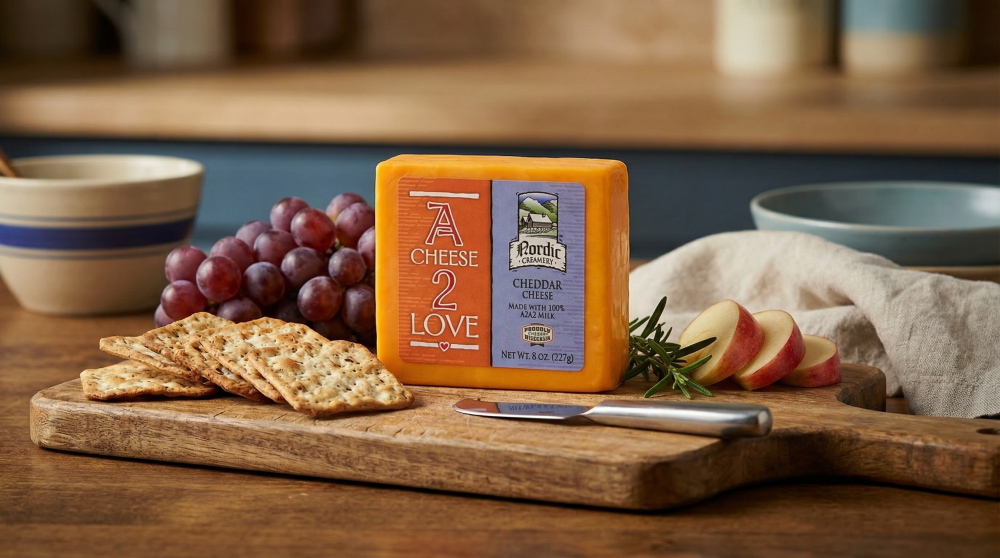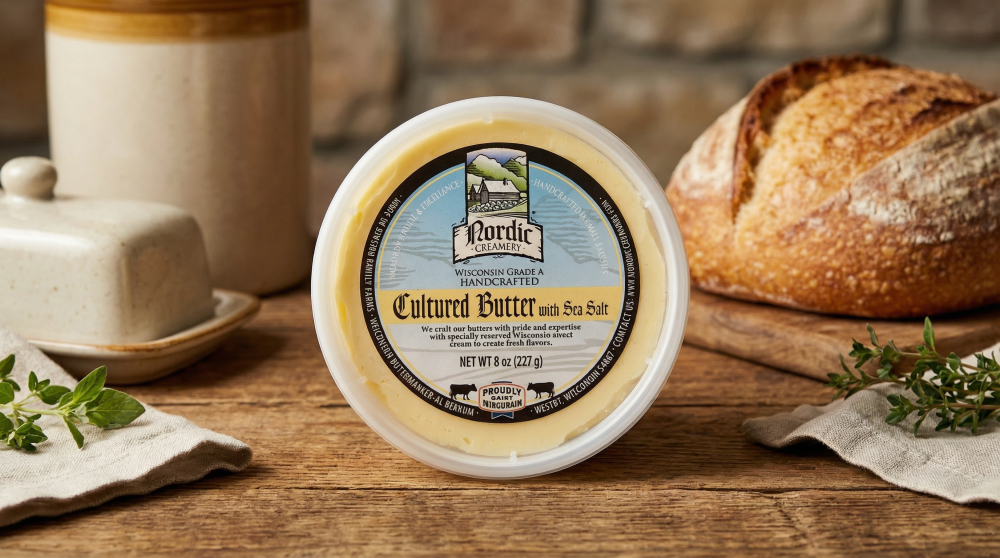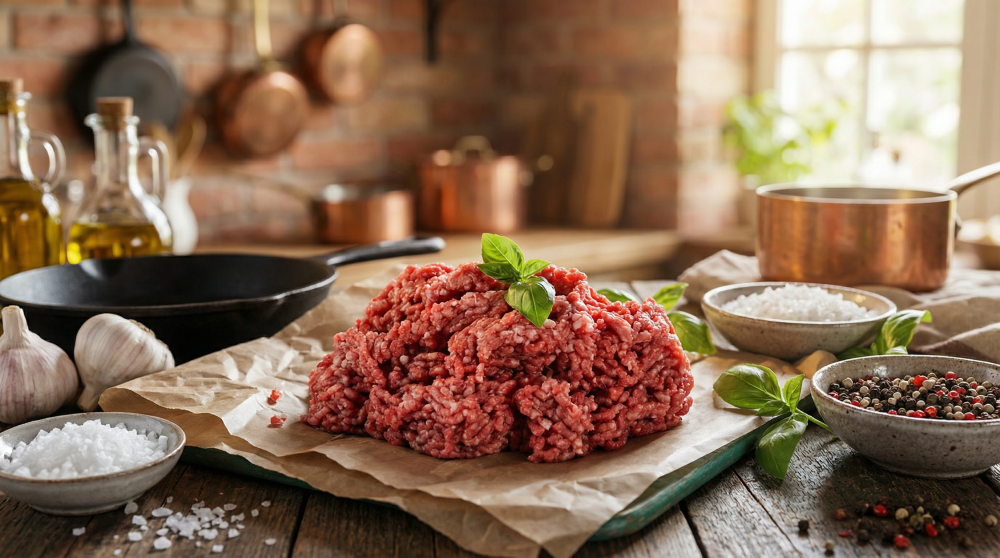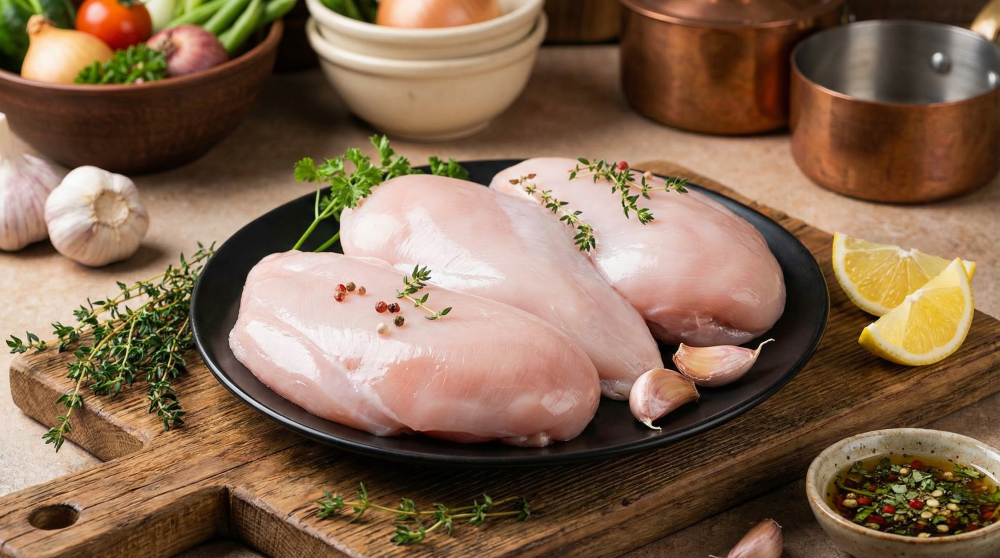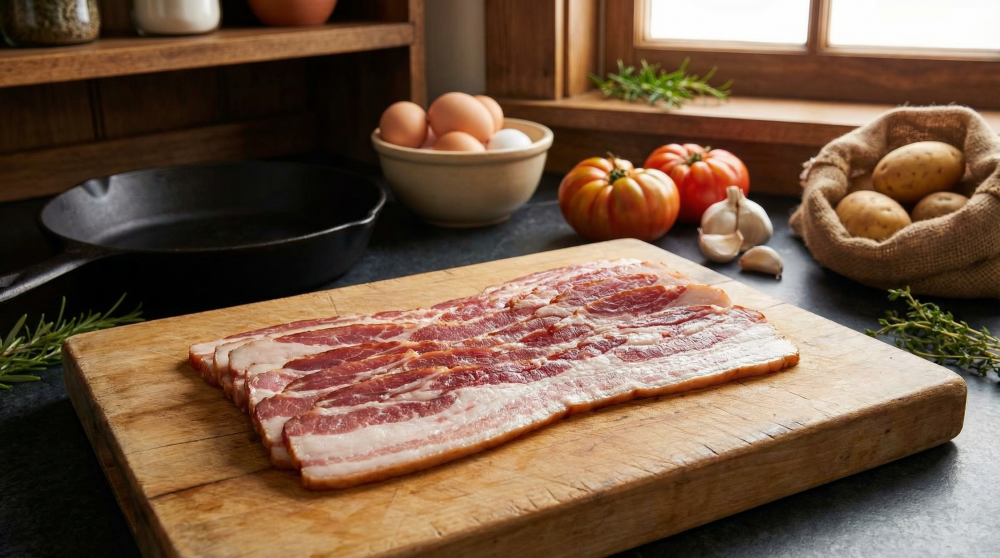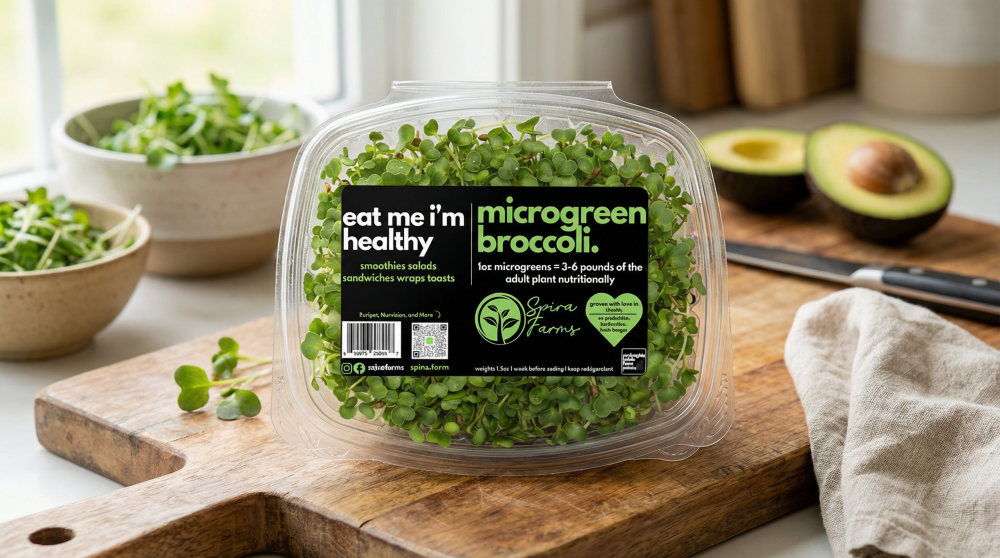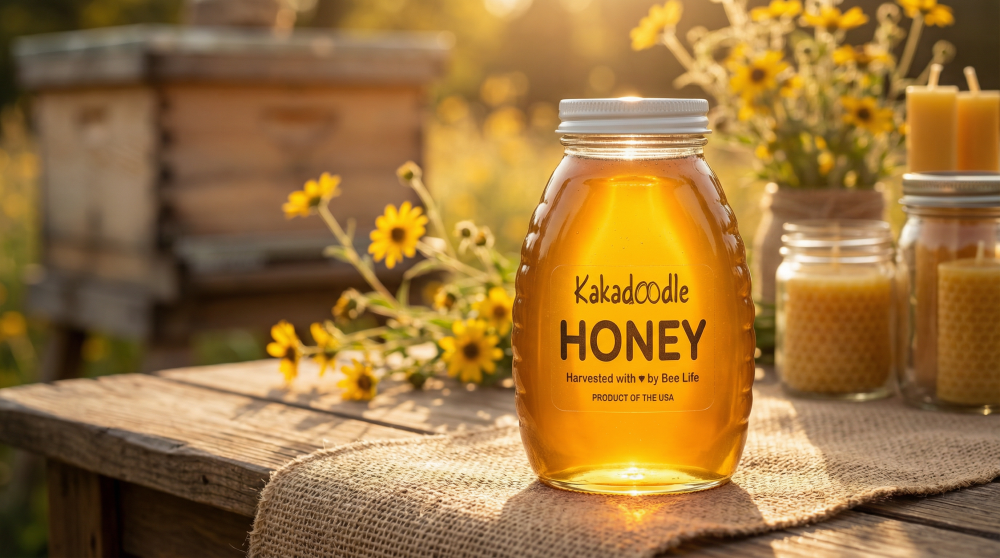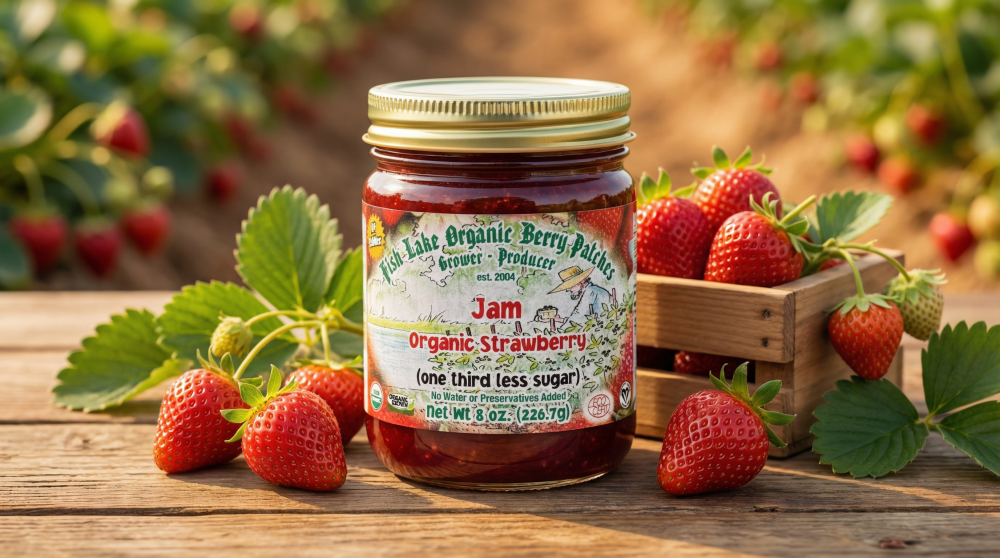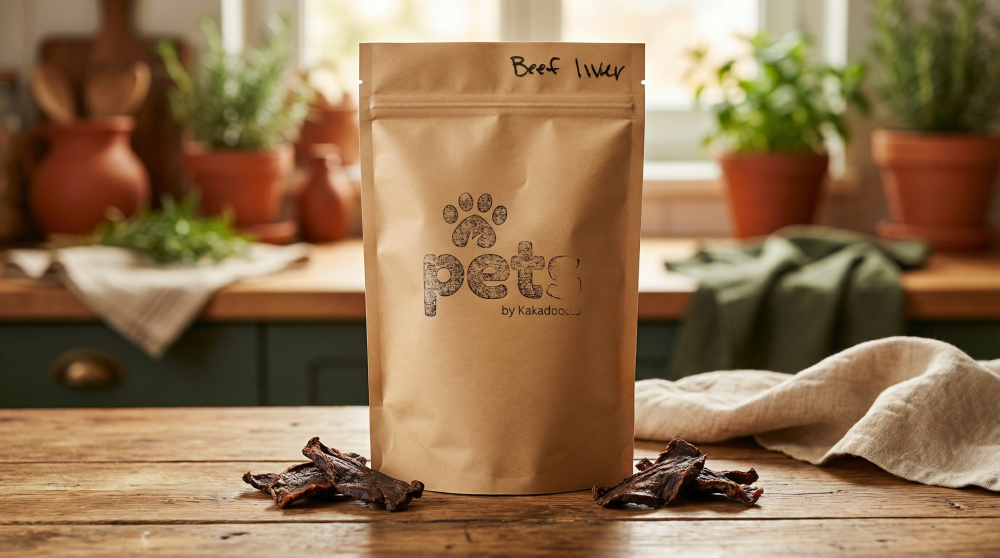article 5 different types of eggs 🤯

When I first started out, I bought the cheapest eggs I could find at the grocery store. One morning, while scrambling eggs for my kids, I found myself wondering: Why are these so cheap? That small question led me to a local farmer, who explained the differences behind the labels. Later, as I went through cancer and became determined to get chemicals out of our food, I realized those “types of eggs” weren’t just labels—they represented very different realities.
Here’s what I’ve learned about the five most common types of eggs you’ll see in the store (and why farm-fresh eggs from trusted local sources are different).
1. Cage-Free Eggs
- What it means: Hens aren’t in cages, but they’re still usually in huge barns with thousands of other birds.
- Outdoors? No. Cage-free doesn’t mean outside access (Wikipedia).
- My take: It’s a step better than cages, but still far from natural chicken behavior.
2. Free-Range Eggs
- What it means: Cage-free plus “outdoor access.”
- The catch: USDA doesn’t define how much space or time outdoors is required—sometimes it’s just a small dirt yard (Wikipedia).
- My take: Sounds good on the carton, but can be misleading in practice.
3. Organic Eggs
- What it means: Cage-free, outdoor access, and fed certified organic feed (no GMOs, pesticides, or synthetic fertilizers).
- Why it matters: The focus is on the feed, not always the living conditions (Wikipedia).
- My take: Better feed is important, but “organic” alone doesn’t guarantee happy hens or chemical-free farming.
4. Non-GMO Eggs
- What it means: Hens are fed grains that are not genetically modified (no GMO corn or soy).
- Why it matters (to me personally): Chemicals like glyphosate are widely used on GMO crops. I believe exposure to chemicals like these contributed to my cancer. For me, “non-GMO” isn’t just a buzzword—it’s protection.
- My take: Non-GMO feed matters because it keeps chemicals out of the food chain. That’s why at Kakadoodle, all our hens eat non-GMO, chemical-free feed.
5. Pasture-Raised (and Regenerative) Eggs
- What it means: Hens actually live outdoors on pasture, foraging for grass and insects.
- Nutrition: Pasture-raised eggs consistently test higher in omega-3s and vitamins A, D, and E (Real Simple, National Geographic).
-
Two approaches:
- Mobile Coops (Daily Moves): Hens move to fresh grass daily. Romantic and regenerative, but tough in Midwest winters.
- Rotational Pasture Around a Barn: A permanent barn with hens rotated across fresh pasture. More practical, scalable, and less stressful in our climate.
- My take: Recently, brands like Vital Farms have started using the “Regenerative Eggs” label. To me, that’s tied to the daily-move system. At Kakadoodle, we practice rotational pasture—it’s what works in our climate without sacrificing hen welfare or soil health.
Bonus: Rainbow Eggs 🌈
One of the most fun surprises at a farmers market is seeing “rainbow eggs”—deep chocolate browns, pale blues, mossy greens, and speckled tans. Breeds like Ameraucana, Olive Egger, and Marans lay these colorful shells.
The most common question: Do they taste the same?
Answer: Yes. Shell color is genetics, not flavor or nutrition. Still, cracking open a blue or chocolate-brown egg just makes breakfast more fun.
Why Farm Eggs Are Different
Labels can be confusing. Some mean something, some don’t. But the real difference comes when you know your farmer.
That’s why at Kakadoodle, our eggs are non-GMO, chemical-free, pasture-raised, and local. We call some of them “Just Laid” because they’re less than 24 hours old when you pick them up at our farmstand—sometimes still warm from the nest box.
For me, eggs aren’t just food anymore. They’re a way to heal, to connect families to real farming, and to prove that chemical-free food is possible.
✅ Bottom line: The five “types of eggs” you see at the store—cage-free, free-range, organic, non-GMO, and pasture-raised—represent very different realities. For the best nutrition, animal welfare, and peace of mind, look for local, pasture-raised, chemical-free eggs. Or better yet—know your farmer.
